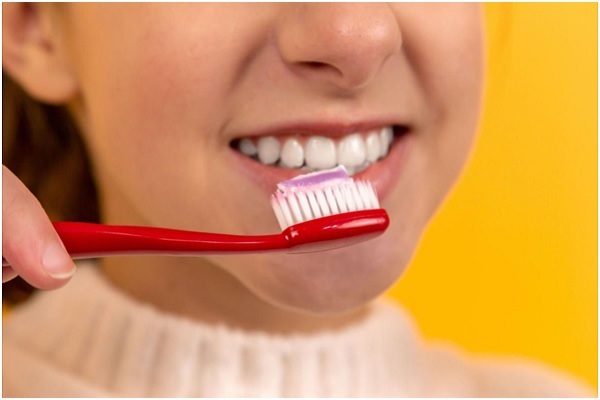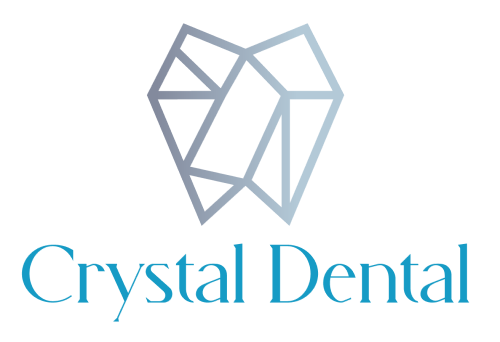
Today, we delve into a matter that has long intrigued dental enthusiasts: the practice of brushing teeth after meals. Our quest is to determine whether it holds any merits. Join us as we navigate the path of oral hygiene to find the answer.
A recent inquiry to our dentist in Los Angeles prompted this investigation: “Is post-meal brushing beneficial?” The response, my esteemed readers, is not a resounding affirmation. Not because it is inherently detrimental, mind you, but primarily due to its limited necessity. In all honesty, those posing this query often exhibit commendable oral care routines and maintain satisfactory dental health. Concern lies in the fact that these individuals tend to fall into the category of “scrubbers” and “excess-brushers,” which places them at risk for deleterious effects such as abrasion and recessive wear, should they engage in excessive brushing.
However, it is crucial to adhere to specific parameters if one chooses to brush after a meal. Any acidic substances altering the oral pH exert a deleterious impact on dental tissues.
It is reasonable to posit that most individuals consume acidic foods during nearly every meal, not to mention the continuous consumption of acidic beverages throughout the day. In a natural state, the oral cavity is enveloped by a protective mineral and protein layer, which is wholly eradicated by acid exposure. Subsequently, it requires approximately one hour for this protective barrier to be reestablished via salivary action.
Enthusiasts of coffee, tea, fruit, soda, lemon-infused culinary creations, and salad dressings or marinades featuring vinegar must exercise caution, as they are at heightened risk for enamel abrasion. Consequently, a prudent approach dictates waiting for a minimum of one hour before engaging in post-meal brushing. For those seeking a swift refreshment – rinsing the mouth with water or employing a pH-stabilizing rinse fortified with xylitol serves as a suitable alternative.
Unless your dental professional has explicitly advised brushing immediately after meals, it is acceptable to focus on meticulously executing morning and evening routines, all the while ensuring adequate attention is granted to that unsung hero of oral care—flossing. Curiously, inquiries regarding flossing are overshadowed by the prominence of brushing-related questions. Therefore, let’s make it a post-meal ritual.
Brushing after meals does not rank as a requisite practice for most individuals. Its potential benefits must be weighed against the risks of overzealous brushing habits, which can lead to unfavorable consequences. Instead, prioritize morning and evening oral care rituals, including flossing. By adhering to these guidelines, we safeguard the long-term health of our teeth and gums.
Oral health education is a vital component of maintaining good oral health. Adopting healthy oral hygiene practices can help prevent dental problems and promote overall well-being. Educating oneself about the importance of brushing techniques, flossing, and maintaining a healthy diet can go a long way in preventing oral health issues.
Hence, regular visits to a Los Angeles dentist for check-ups and professional cleanings are essential. Dental professionals at Crystal Dental Center can provide personalized oral health advice, identify any early signs of dental problems, and provide preventive measures and treatments tailored to one’s needs.
For further information and/or to schedule an appointment with Dr. Alex Moradzadeh of Crystal Dental Center please call 213.748.8448 or visit www.CrystalDentalCenters.com to learn more.

Leave a Reply